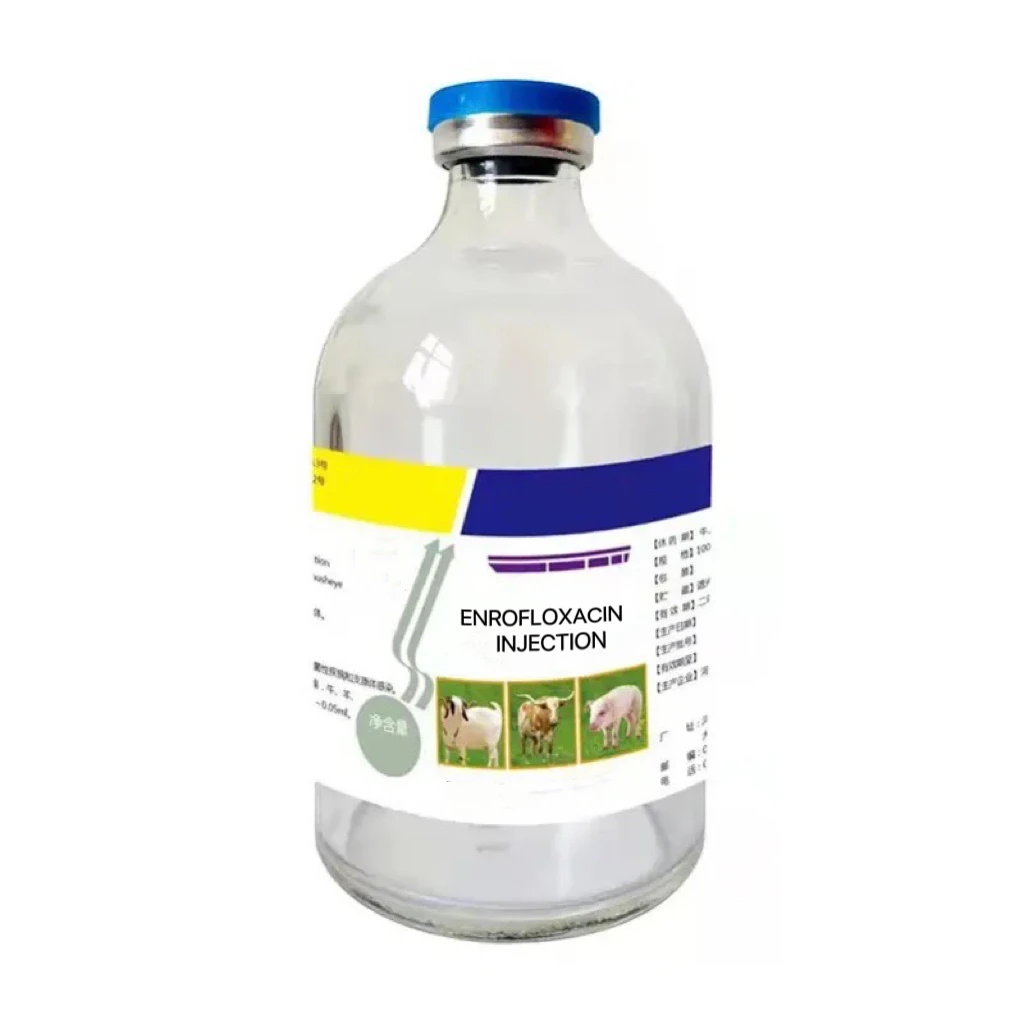- Afrikaans
- Albanian
- Amharic
- Arabic
- Armenian
- Azerbaijani
- Basque
- Belarusian
- Bengali
- Bosnian
- Bulgarian
- Catalan
- Cebuano
- Corsican
- Croatian
- Czech
- Danish
- Dutch
- English
- Esperanto
- Estonian
- Finnish
- French
- Frisian
- Galician
- Georgian
- German
- Greek
- Gujarati
- Haitian Creole
- hausa
- hawaiian
- Hebrew
- Hindi
- Miao
- Hungarian
- Icelandic
- igbo
- Indonesian
- irish
- Italian
- Japanese
- Javanese
- Kannada
- kazakh
- Khmer
- Rwandese
- Korean
- Kurdish
- Kyrgyz
- Lao
- Latin
- Latvian
- Lithuanian
- Luxembourgish
- Macedonian
- Malgashi
- Malay
- Malayalam
- Maltese
- Maori
- Marathi
- Mongolian
- Myanmar
- Nepali
- Norwegian
- Norwegian
- Occitan
- Pashto
- Persian
- Polish
- Portuguese
- Punjabi
- Romanian
- Russian
- Samoan
- Scottish Gaelic
- Serbian
- Sesotho
- Shona
- Sindhi
- Sinhala
- Slovak
- Slovenian
- Somali
- Spanish
- Sundanese
- Swahili
- Swedish
- Tagalog
- Tajik
- Tamil
- Tatar
- Telugu
- Thai
- Turkish
- Turkmen
- Ukrainian
- Urdu
- Uighur
- Uzbek
- Vietnamese
- Welsh
- Bantu
- Yiddish
- Yoruba
- Zulu
10 月 . 19, 2024 19:30 Back to list
tylosin injection for poultry
Tylosin Injection for Poultry An Overview of Benefits and Applications
Tylosin is a macrolide antibiotic widely used in veterinary medicine, particularly for poultry. This drug is derived from the bacterium *Streptomyces fradiae* and plays a crucial role in the management of various infections caused by gram-positive bacteria and certain mycoplasmas in chickens and other poultry species. This article aims to provide an overview of Tylosin injection for poultry, exploring its benefits, applications, and considerations for usage.
What Is Tylosin?
Tylosin is known for its effectiveness against a range of bacterial pathogens that commonly affect poultry. As a macrolide antibiotic, it inhibits bacterial protein synthesis, ultimately leading to the death of the bacteria. Tylosin has been used not only as a therapeutic agent but also as a growth promoter in livestock, contributing to overall health and productivity. The injectable form of Tylosin offers a rapid means of delivering the drug directly into the bloodstream, ensuring quick action against infections.
Indications for Use
Tylosin injection is primarily indicated for the treatment and prevention of various bacterial diseases in poultry. Common conditions include
1. Mycoplasma Infections Mycoplasmosis is a recurring problem in poultry, causing respiratory distress and decreased production rates. Tylosin is effective against *Mycoplasma gallisepticum*, a primary pathogenic species associated with respiratory disease in chickens.
2. Colibacillosis Infections caused by *Escherichia coli* can lead to severe health issues in poultry. Tylosin helps combat these infections, reducing mortality rates and improving overall flock health.
3. Necrotic Enteritis Often seen in broiler chickens, this condition is associated with gut health issues that can lead to major production losses. Tylosin can assist in managing this disease by targeting the bacterial imbalance.
4. Chronic Respiratory Disease (CRD) Tylosin is effective in managing symptoms associated with CRD, ensuring healthier respiratory function in affected birds.
Administration and Dosage
tylosin injection for poultry

Tylosin injection is usually administered intramuscularly or subcutaneously, depending on the specific formulation and the veterinarian's recommendation. Dosages may vary based on the severity of the infection and the bird's weight. It is crucial to follow the veterinarian's guidance to ensure effective treatment while minimizing the risk of antibiotic resistance.
Advantages of Tylosin Injection
1. Rapid Action One of the primary benefits of Tylosin injection is its quick onset of action. This is critical in situations where a swift intervention is necessary to prevent an outbreak or manage an acute infection.
2. Targeted Delivery By utilizing an injectable form, Tylosin can bypass the digestive system, allowing for direct absorption into the bloodstream. This is particularly beneficial for birds that may be off-feed or experiencing gastrointestinal issues.
3. Reduced Use of Antibiotics In an era where antibiotic resistance poses a considerable threat, Tylosin's efficacy against specific bacterial infections can support targeted treatments, reducing the need for broad-spectrum antibiotics.
4. Improved Flock Health When used judiciously, Tylosin can significantly enhance overall flock health, leading to improved growth rates, feed efficiency, and ultimately, better economic returns for poultry producers.
Considerations and Precautions
While Tylosin is generally safe for poultry when used as directed, there are important considerations to keep in mind. Overuse or misuse of antibiotics can lead to the development of resistant bacterial strains. Therefore, it is critical to adhere to recommended dosages and treatment durations. Additionally, poultry producers should be aware of withdrawal times to ensure that the drug is not present in eggs or meat at the time of harvest.
Furthermore, maintaining good husbandry practices—such as proper biosecurity measures and vaccination protocols—can mitigate the need for antibiotic treatments and promote overall poultry health.
Conclusion
Tylosin injection represents a valuable tool in the arsenal against bacterial infections in poultry. Its effectiveness, quick action, and targeted delivery system make it a preferred choice for veterinarians and producers alike. However, responsible usage remains fundamental to preserving its efficacy in the long run. With continued research and development, Tylosin and similar antibiotics will play a crucial role in the future of poultry health management, ensuring the sustainability and productivity of this vital agricultural sector.
-
The Power of Radix Isatidis Extract for Your Health and Wellness
NewsOct.29,2024
-
Neomycin Sulfate Soluble Powder: A Versatile Solution for Pet Health
NewsOct.29,2024
-
Lincomycin Hydrochloride Soluble Powder – The Essential Solution
NewsOct.29,2024
-
Garamycin Gentamicin Sulfate for Effective Infection Control
NewsOct.29,2024
-
Doxycycline Hyclate Soluble Powder: Your Antibiotic Needs
NewsOct.29,2024
-
Tilmicosin Premix: The Ultimate Solution for Poultry Health
NewsOct.29,2024













